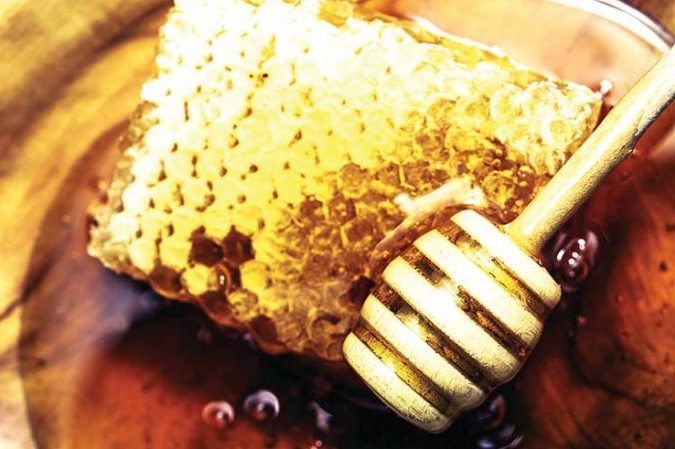
REAL HONEY can cost up to P500 per 500 grams, beekeepers said, warning that anything priced significantly lower should be treated as suspicious, after the market was roiled by a government study that found up to 82% of domestic honey to be fake.
In a television interview Tuesday, Analinda M. Fajardo, research committee head of the Beekeepers Network Philippines Foundation, Inc., said real honey is heavy and typically costs P1 per gram.
“In Manila… a half kilogram of honey is (worth) P500,” Ms. Fajardo said.
Ms. Fajardo said retail prices as low as P125 are not likely to be real honey.
“If consumers see honey products priced like that, it is suspicious because real honey costs more,” Ms. Fajardo said.
Ms. Fajardo said real honey is a “complete food” with beneficial nutrients, unlike fake or adulterated products that could consist mostly of sugar syrup.
“One of honey’s characteristics, which is high viscosity… and (it can kill) microorganisms,” Ms. Fajardo said.
Ms. Fajardo said interest in beekeeping, or apiculture, has grown during the pandemic.
“In our group alone, the active members are around 500 people. It is a welcome sight,” Ms. Fajardo said.
Asked to comment, Agriculture Assistant Secretary Kristine Y. Evangelista said the Department of Agriculture will consult with the Food and Drug Administration on labelling measures for honey sellers.
“This is a way to guide our consumers if they want to buy pure honey, which is more expensive, compared to those with sugar,” Ms. Evangelista said during a virtual briefing Tuesday.
Researchers from the Philippine Nuclear Research Institute recently declared 62 out of 76 domestic products brands to be composed of up to 95% C4 sugar syrup.
They also found that 75% or 12 out of 16 Philippine honey products sold in groceries or souvenir shops were adulterated.
The study determined honey composition using stable carbon isotope ratio analysis, which matches the carbon isotopes in real honey with those found in bees and flowering plants. The signatures of sugarcane and corn were detected in many of the samples.
The researchers estimated that the honey industry is losing P200 million a year due to the proliferation of fakes. — Revin Mikhael D. Ochave
